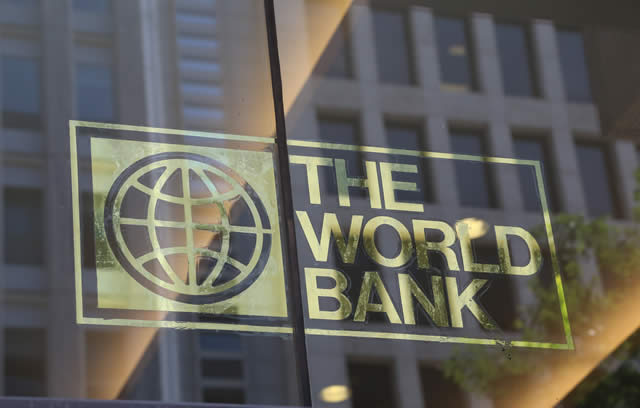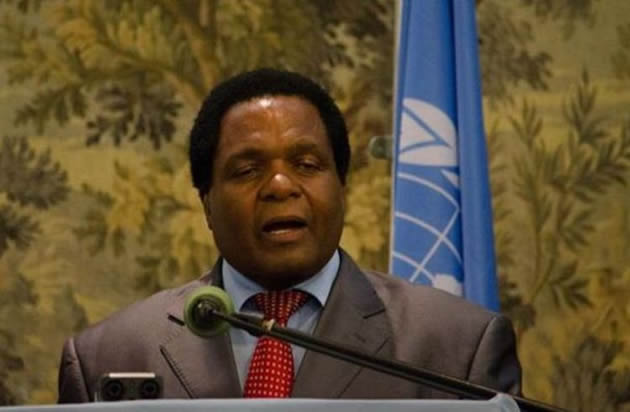Zim geared to go up World Bank rankings

Prosper Ndlovu Business Editor—
ZIMBABWE is expected to register significant improvement in the World Bank ease of doing business ranking this year, riding on the ongoing investment reform processes, an expert has said. According to the World Bank, a high ease of doing business ranking means the regulatory environment is more conducive for investment, starting and operation of a business in a country.
The rankings are determined by sorting the aggregate distance to frontier scores on several topics, each consisting of several indicators, giving equal weight to each topic.
Last October the global finance body ranked Zimbabwe at 155 of 189 countries on the ease of doing business survey. The report showed the country had inched 16 places up from previous rankings of 171 and two places down from its prior rank on the revised list of 153.
Trade and competitiveness expert, Gift Mugano, a member of a consultative team working with the government in facilitating investment reforms, said Zimbabwe was on the right track to reclaiming its position as a favourable investment destination.
“I’m very sure that the work the government is doing through the national competitiveness report, through the rapid results approach, working on a number of thematic areas in addressing the ease of doing business will yield results,” said Mugano.
“I’m very positive that this year the ranking of the country will be very good. I’m saying this with authority because I’m involved in the development and review of this competitiveness process.”
Efforts are underway, through the Ministry of Industry and Commerce, to operationalise the National Competitiveness Commission, which is mandated to weed out barriers affecting business operations in the country.
Different sectors of the economy have seconded representatives to the government and experts to contribute to the process. The business community has called for the speedy completion of the process to salvage surviving industries and create investment opportunities.
Among common barriers is time taken to register a company, registering properties, electricity, multiplicity of taxes, trade barriers and resolving insolvency. Mugano, however, cautioned that addressing competitiveness would not come overnight and that results would not be immediate as the process involved intricate considerations between different players.
“It’s not something I can be very definite about in terms of numbers since it’s done by the World Bank but the feeling I’ve is that if we’re cutting the cost of registering companies from 400 days to below 100 days that will bring positive results for us,” he added.
He alluded to international best practice case studies such as Rwanda and Georgia, where, after identifying investment barriers and developing a competitiveness framework, it took years for the countries to reap its benefits.
“Even if we exhaust these issues, I’m just giving a warning, you’ll still see that it might not give you results overnight because people’s perceptions take time to respond. Investors would want to see if you’re consistent, whether you’re real or not,” said Mugano.
He stressed the importance of communication between policy makers and businesses including small to medium enterprises to ensure inclusivity and successful implementation of desired reforms.
“Enhancing doing business isn’t just for big corporates but for SMEs as well. That’s why we need a communication strategy and a formalisation strategy that speaks to SMEs issues. We can focus on registration but there’s the issue of markets, linkages, access to finance and legislative issues,” said Mugano.
He said an improved global ranking was important in influencing investor sentiment about the country, which has a huge bearing on the country risk factor. Zimbabwe is in dire need of local and external investment to revamp the economy and create jobs for thousands of unemployed youths and graduates.
While the country has drafted a sound blue-print, the Zimbabwe Agenda for Sustainable Socio-Economic Transformation (Zim-Asset), several projects under this economic master-plan require billions of dollars to bear fruit.










Comments